Developing the agenda for a bioregion involves a wide range of skills and capabilities:
The geographer’s knowledge of mapping; the conservation biologist’s expertise in biodiversity and habitats; the ecologist’s literacy in ecosystems; the economist’s ability to measure flows and leakage of money and resources; the service designer’s capacity to create platforms that enables regional actors to share and collaborate; the artist’s capacity to represent real-world phenomena in ways that change our perceptions and the historian’s perspective on how the past can help contextualise the actions we might take now to create a more liveable future.
As we get going, we’ll be organising our agenda throughout five stages:
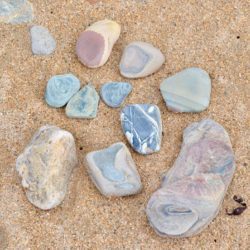
Seeing
Seeing – investigating where we are now and where new ideas and practice are already emerging. You can read about how we have been doing this through the blog posts about our first Learning Journey in 2022, which is in our News section.
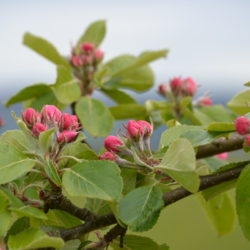
Understanding
Developing a better understanding of the potential of Bioregioning in helping us reshape our social, economic and shared lives. You can read about how we have been doing this through the blog posts about our first Learning Journey in 2022, which is in our News section.
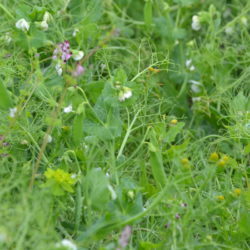
Creating possibility
Designing and producing a series of interventions and projects that could grow Bioregioning in Tayside. You can read about some of the projects that are emerging in participatory science, tourism and social tipping points for climate action over in our News section.
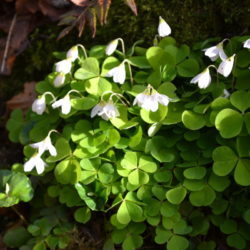
Sharing
Sharing ideas, practice and models that can advance the field quickly and support new communities of practice.
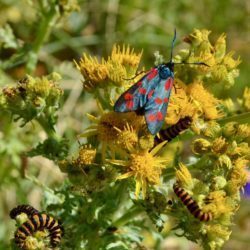
Connecting
Promoting a shared understanding of Bioregioning and offering the resources that Bioregioning Tayside has created and collected to be reused, recycled and rethought.